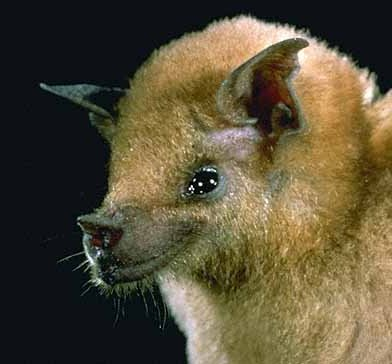Like most animals, mice are innocent to the human world. Without knowing how anything works, unlike humans they don’t understand the concepts of physics or fear. This is what made scientists test mice in order to see if fears can be passed down from generation to generation.
According to The Washington Post, the experiment worked by taking male mice and making them fear the scent of cherry blossoms. They did this by mildly shocking their feet. This caused them to fear the smell of the blossoms. Two weeks later, after being trained to fear the blossoms, they bred with female mice and out popped the babies.
New Science says that these babies became more fearful and jumpy around the smell of cherry blossoms. They had the common receptor from the fathers. The scientists called this receptor M71. This receptor appeared more in the offspring than it did in the parents and grandparents.
Many people point out that this could be natural selection and mice that avoid the cherry blossoms survive and reproduce, and those who don’t die. This could also be the same for humans. That could be why people have phobias or fears. Fears may be passed down from generation to generation to protect people from things that could harm them. Some of these fears could be outdated since society has technology that renders these fears unnecessary, like smelling cherry blossoms. These studies show how fears may not actually be something to fear but just something one’s ancestors once feared.




















